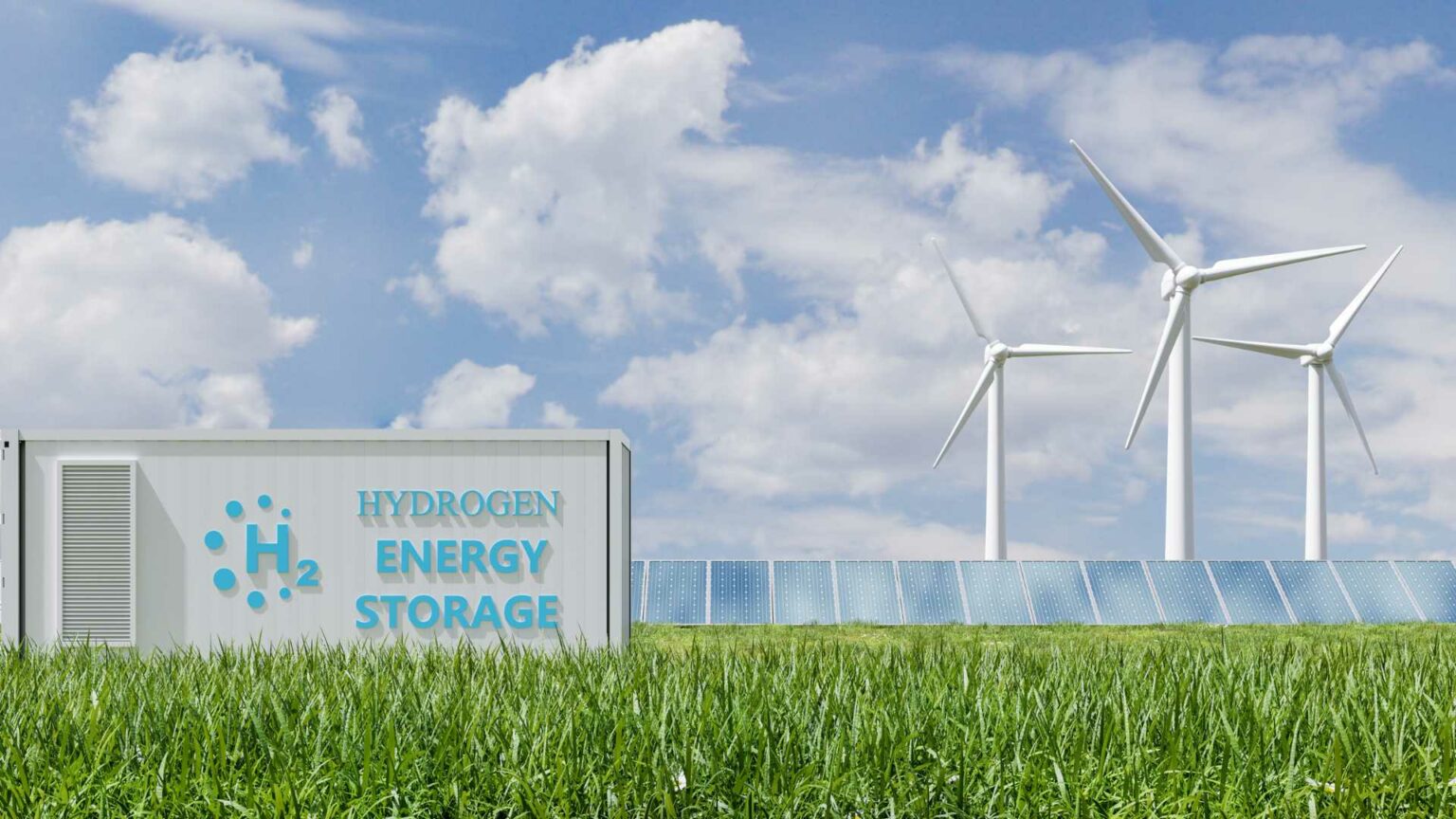A recent study published in the International Journal of Hydrogen Energy introduces a novel optimization framework to enhance the capacity planning of hydrogen-based residential energy hubs. The research by Alireza Ghasemloo, Aref Kazemi, and Moein Moeini-Aghtaie proposes a comprehensive model highlighting the potential of hydrogen within renewable energy hub systems.
The hydrogen industry continuously evolves, with increasing attention to decentralized energy solutions. Distributed Energy Resources (DERs) have been pivotal in modernizing energy networks, promoting more efficient thermodynamic processes, and reducing transmission losses. The study’s relevance is underscored by its focus on integrating hydrogen technologies within these systems, addressing the growing need for sustainable and cost-effective energy solutions.
Key Findings:
The research presents a compelling optimization model for structuring energy converters and storage systems in a residential Energy Hub (EH). Significant findings include:
– Implementing Combined Heat and Power (CHP) units within the EH could lead to a cost reduction of 78% with green tax incentives and 46.7% without.
– The addition of incentives further lowers the subscriber costs by 27.2%.
– The study emphasizes the benefits of stochastic optimization in handling uncertainties in photovoltaic (PV) electricity generation, showing an economic advantage of 86.75% to 95.74% over deterministic methods.
Applications and Market Relevance:
The practical applications of this research are substantial. Residential communities and utility companies could leverage the optimization framework to enhance energy efficiency and reduce costs. The approach supports a shift towards greener energy solutions by integrating renewable sources like PV and advanced hydrogen technologies.
In addition, the research’s analysis of the sensitivity of fuel cell investment costs highlights its influence on economic viability, underscoring the importance of strategic investment in hydrogen infrastructure.
Methodologies:
The research uses a probabilistic model to account for solar radiation and ambient temperature variabilities. The primary methodology involves developing a stochastic optimization algorithm, which offers a robust tool for managing uncertainties in renewable energy generation.
Broader Implications:
In a broader context, this study contributes meaningfully to the hydrogen industry’s progression. The findings suggest that incorporating hydrogen into energy hubs can significantly reduce costs and enhance efficiency, promoting wider adoption of renewable energy. This aligns with global efforts to transition to low-carbon societies and mitigate the impacts of climate change.
Key Takeaways:
– Hydrogen integration within energy hubs can dramatically reduce costs and improve energy efficiency.
– Stochastic optimization is crucial for managing uncertainties in renewable energy generation.
– Economic and operational benefits highlight the importance of strategic investment in hydrogen technologies.
Overall, this study provides a valuable framework for optimizing residential energy systems, with promising implications for the future of the hydrogen industry. It paves the way for more sustainable and economical energy solutions by emphasizing practical applications and cost reductions.
